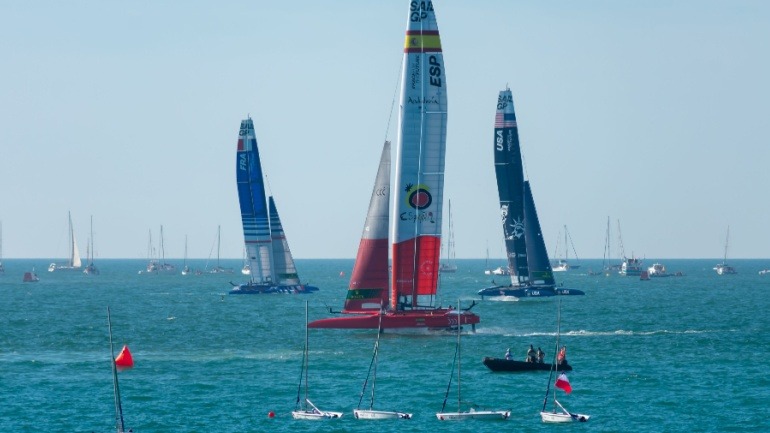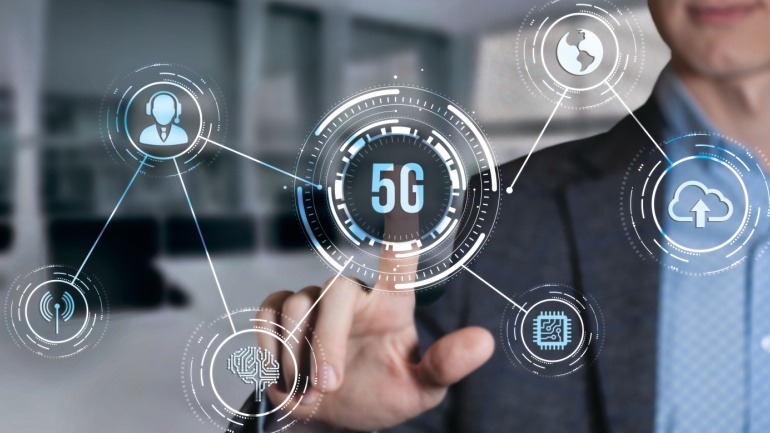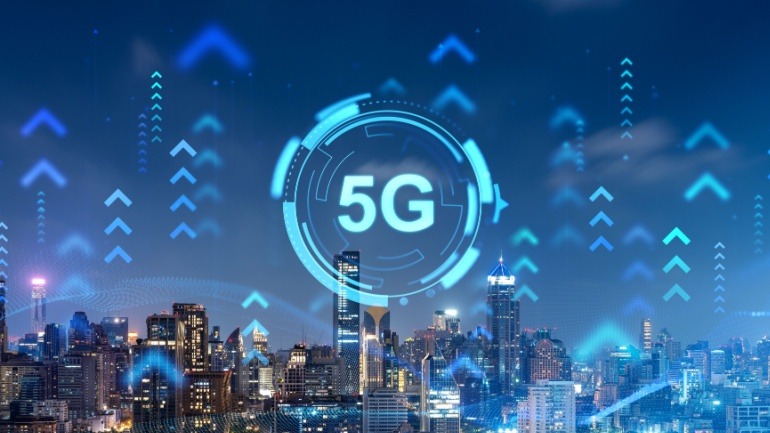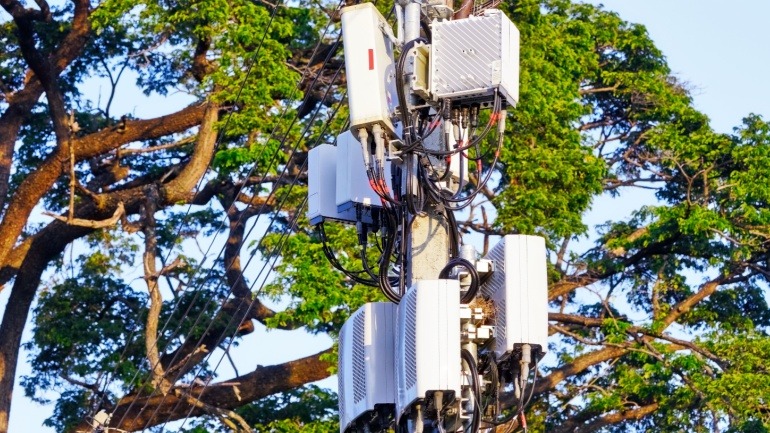Ericsson and Liberty Latin America’s launch of Costa Rica’s first 5G Standalone (SA) network represents a pivotal leap in Central America’s digital evolution. This transformative 5G infrastructure, powered by Ericsson’s revolutionary technology, spans over 1,400 sites, enhancing connectivity for 3.7 million subscribers.
BT and Nokia are teaming up for SailGP Portsmouth with a groundbreaking 5G setup. Using public and private 5G slices, the network boosts race operations, media, and fan experiences. This first-of-its-kind deployment highlights the power of network slicing and seamless connectivity.
MLGW is partnering with Nokia to launch the first private 5G standalone network for a U.S. utility, aiming to modernize its grid, boost efficiency, and improve service. This move reflects a growing trend in industrial 5G adoption, with enhanced automation, cybersecurity, and infrastructure integration paving the way for smarter utility operations.
Bharti Airtel and Ericsson have partnered to expand FWA across India, aiming to boost network capacity and data connectivity. The agreement supports 5G growth, improves infrastructure, and advances digital inclusion while enhancing service quality and efficiency for millions of users.
Nokia and Saudi Arabia’s telecom sector have tested indoor 5G Standalone network sharing with success. By using Nokia’s Shikra radios and core network software, operators like Zain and Mobily can provide high-speed 5G indoors efficiently, cutting costs and energy use.
Virgin Media O2 has ramped up its mobile network in Scotland, boosting 4G and 5G services across 13,000 postcodes. As part of a £700 million upgrade plan, the provider targets better coverage in urban areas and tourist spots.
M1’s partnership with Ericsson promises to revolutionize Singapore’s 5G transport network by integrating cutting-edge automation and analytics tools. This collaboration focuses on enhancing network visibility, control, and energy efficiency, making use of AI and machine learning. M1’s initiatives are set to boost connectivity, sustainability, and enterprise efficiency.
Ericsson has landed a significant contract with Bharti Airtel to manage its nationwide 4G and 5G network services in India through a centralized network operations center. This multi-year partnership will leverage AI-driven automation to efficiently manage 5G infrastructures, including non-standalone and standalone networks.
M1 has launched Southeast Asia’s first 5G RedCap network services, enhancing its role in the 5G-Advanced arena by integrating existing IoT technologies with comprehensive 5G solutions. RedCap offers lower latency and extended battery life.
EE is boosting 5G in central London with 80 small cells in Westminster, enhancing coverage through discreet installations on structures like lampposts. In partnership with Ontix, Nokia and Ericsson, this expansion supports EE’s goal of nationwide 5G by 2028 while improving performance in high-demand areas using advanced network analytics and cutting-edge standalone 5G technology.













